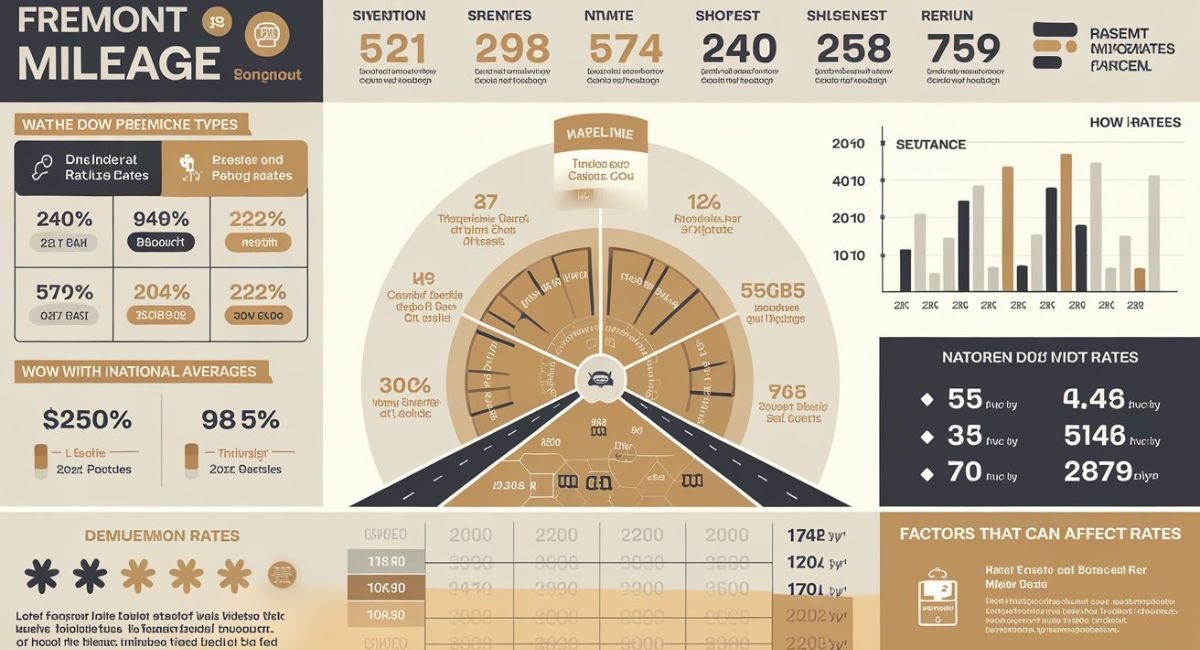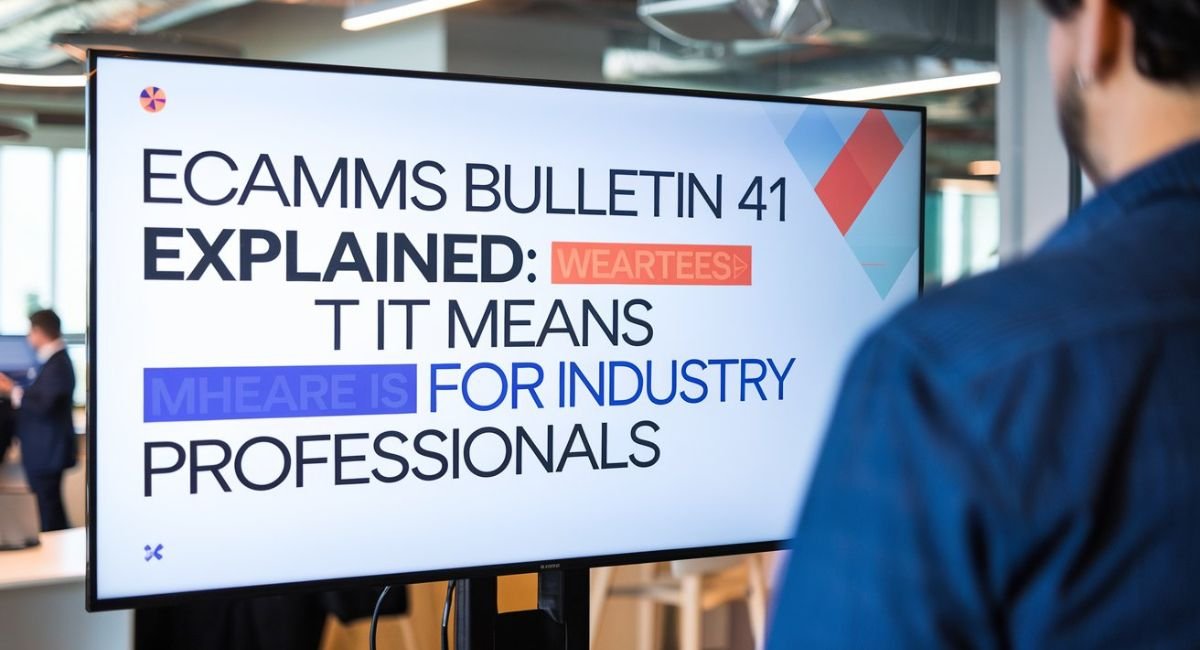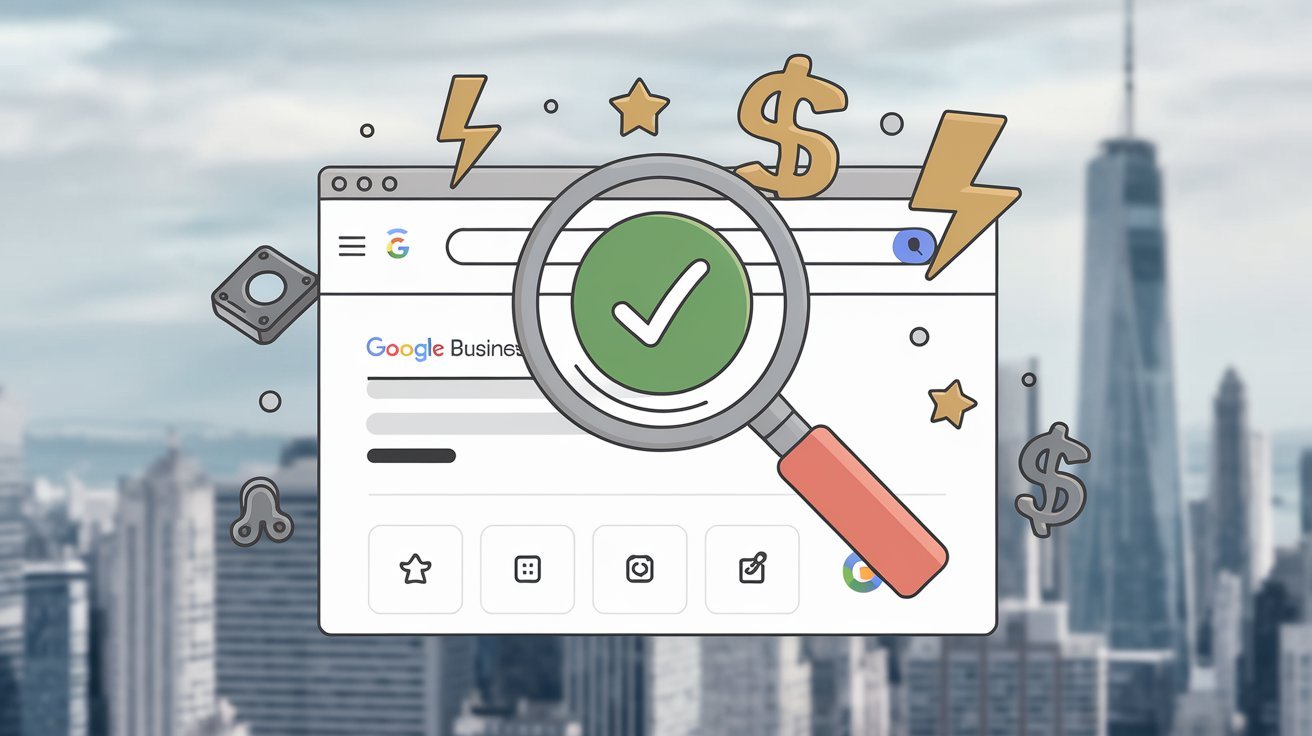Introduction
Therefore, verbal communication in Peru business verbal entails an understanding of business interactions patterns. It provides an understanding of formal and informal occasions. It also covers the manners of how to say “please” and “thank you” and the culture of conversation. Conversation plays a crucial role. Additionally, you will explore some of the most significant nonverbal communication methods, which will help you communicate in Peru. Discover the guide to effective verbal business communication in Peru and how to be successful in today’s world. It’s not about the words and your success depends on something more.
Thus, tuning onto the Peruvian way of communicating will enable you to foster long term business relationships that in turn lead to achievement.
Understanding the Peruvian Business Culture
In Peru, Business Peru verba culture is highly dominated by relationships as well as respect. Word of mouth communication is formal during the introduction of business relationships but quite informal as the relationships develop. One should prioritize titles and demonstrate respect for authority. People can use such cultural differences as valuable premises when establishing business contracts and cooperation.
- Relationship-Focused: Peruvian business culture places a huge value on personal relationships and people tend to incline more towards trust and respect than the business deal.
- Hierarchical Structure: Organization culture in Peru is fairly traditional and more often than not very hierarchical so it would be wise to respect the executives and decision makers.
- Formality in Initial Meetings: Japanese businesspeople are therefore expected to observe proper courtesy during initial business discussions, though over time they reduce the level of formality in their business conduct.
The Importance of Politeness in Peruvian Conversations
Peruvians do not consider politeness as mere etiquette while conducting business in the country and with Peruvians. In communication we cannot afford to be straight-forward in what we are saying but rather we must package it in gentle language. Paying courtesy as in thanking, complimenting and maintaining a polite language helps in establishing good relationships with the Peruvian counterparts hence working smoothly towards business success.
Using Formal Language in Business Settings
When doing Peru business verbal it is essential to employ formal language as this will be considerate and professional. Calling your counterparts by their given titles as Señor or Señora is acceptable practice; better still in the preliminary stages of business dealings. If you switch to a less formal tone, maintaining proper business-like language ensures that you gain trust in business transactions.
- Maintain Politeness: Polite language should be relevant in formal language ensuring that one uses phrases like “please” and “thank you”.
- Use Diplomatic Phrasing: People tend to avoid coming out easily with messages; one should use indirect ways of passing his or her message across politely.
- Formal Greetings Matter: Use professional greetings while starting a conversation and ending it for example, “Buenos días”, “Hasta luego”.
- Defer to Seniority: In the conversations, always respect the hierarchical system by responding to the seniors first and follow their lead all through.
Listening and Nonverbal Cues in Conversations
Handling Disagreements Tactfully
In business-related conflicts, Peruvians are very careful on how they handle conflict so as not to ruin their business relationship. Disagreeing with authority or being assertive is discouraged most of the time. However, expressing the different perspectives in a neutral and non aggressive way is something that does help create discussions. This approach goes hand in hand with the retention of relationships and the possibility to find common language and come to mutual agreement.
FAQs
How important is verbal communication in Peruvian business culture?
Verbal communication is critical in Peru and should be handled with respect and politeness.
Should I address business partners formally in Peru?
Yes, formality is important, especially when building new relationships.
How should I express disagreement in a Peruvian business meeting?
Disagreements should be expressed diplomatically, avoiding confrontational tones.
What nonverbal cues are common in Peruvian business settings?
Facial expressions, tone, and gestures are often used to express unspoken feelings.
Is it common to use titles when addressing Peruvian colleagues?
Yes, using titles such as Señor or Señora is a sign of respect and professionalism.




